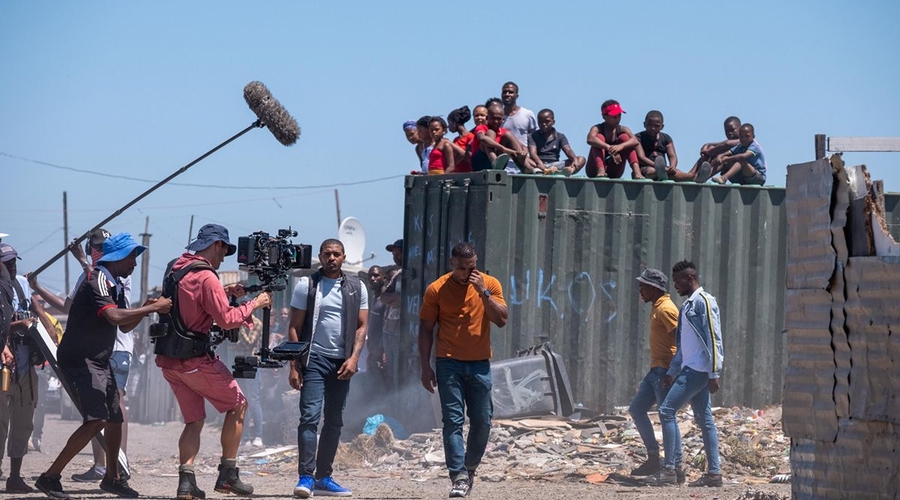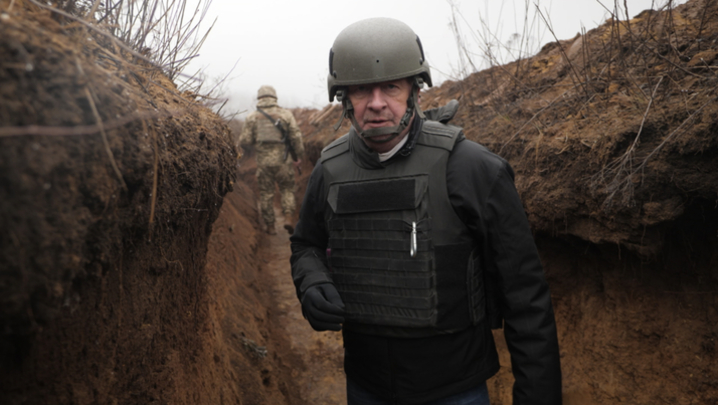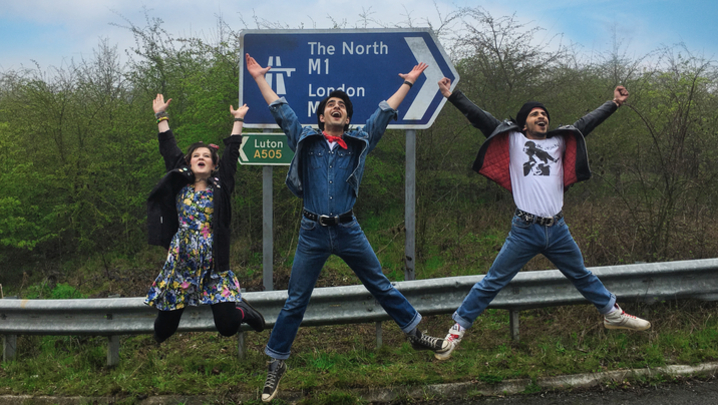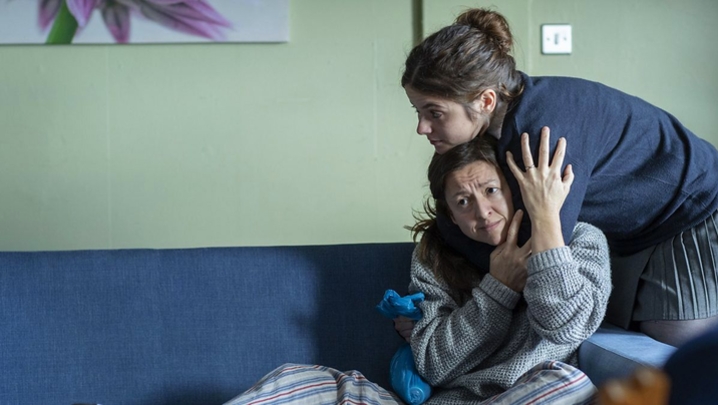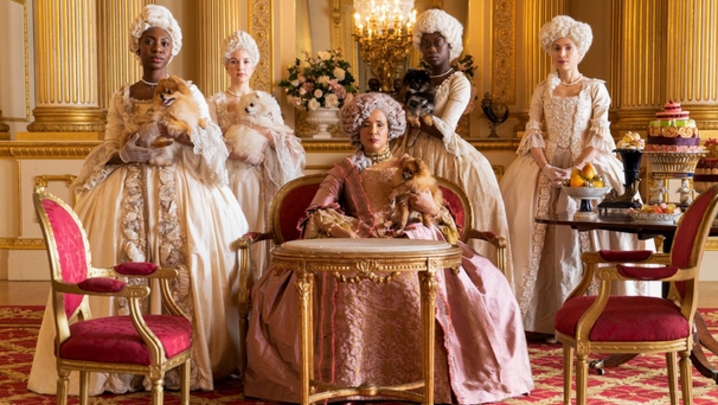Nathalie Peter-Contesse started her career in development with a bang in LA, working on the successful action movie 300. Now based in London, at Vertigo Films, she continues to develop high-octane drama for TV and film.
What does your job involve?
Development starts with finding an idea and generally finishes when the drama goes into production – that’s a bittersweet moment, because that’s when I have to say goodbye to a show.
I oversee a slate of projects in development at Vertigo, supporting the process of taking them towards their goal of being commissioned. This means finding ideas or IP, such as books, working with writers and talent, and talking to commissioners. You need to have projects in the pipeline to make sure you have things ready to go when a show gets commissioned or falls through.
How many ideas make it to the screen?
You have a lot of runners at the beginning of the race, but few reach the finishing line. It’s part of the job that you have to let go of projects along the way, but Vertigo has a very good development-to-production ratio.
Can you bring good ideas back?
Sometimes. A show needs so many stars to align. Timing is crucial for commissioners – there’s not much you can do if every broadcaster has something in that same space, even if the show is great. You then have to wait or move on.
How did you get into drama development?
I always liked stories, books and films, but I initially qualified as a lawyer in Switzerland; my mother is Italian, my father is Swiss. I moved to Los Angeles and I was lucky enough to get a job as an assistant at Gianni Nunnari’s Hollywood Gang Productions, which had made the vampire movie From Dusk Till Dawn and Se7en, among many other things. I grew in that company and became head of development.
What was the first film you developed?
The first movie I worked on in my development role was 300, which was an amazing first experience. In film, and especially in LA, the odds on anything getting to screen are against you. I was working on many other projects at the same time as 300, but that was the first one that went into production.
What got it green-lit?
The brilliance of Frank Miller’s graphic novel and Zack Snyder’s vision and determination.
Who do you work with daily when developing dramas?
The writers, first. Without a writer, there’s no show. And then the fantastic team at Vertigo: the producers – Allan Niblo and James Richardson – and the two development executives. You can’t read and manage everything, so having a team you trust and whose tastes and opinions you respect, especially when different to yours, is very important.
What makes a good development producer?
First, you have to be able to recognise the material that has the potential to become a show, no matter what form it comes in. You can fix a script, but a great idea is invaluable. Then, you have to know how to read a script or adapt that material and make it better. You also need to know where your project sits in the market – what’s getting commissioned and what the audience trends are. If you want to be original and distinctive, you need to know what else is out there and who your audience is.
How do you find stories and writers?
We read a lot: books, unpublished manuscripts, scripts and articles; and watch TV shows and films and listen to podcasts. Agents send us samples of their writers; there are writing programmes and competitions; at Vertigo, we are also very keen to champion new talent, to give a platform to emerging voices from all backgrounds, so we are always looking for under-represented voices; and people we’ve worked with in the past always send us scripts or ideas.
How do you pitch to a broadcaster?
If you can’t say what your show is and why it’s special in a sentence or two, then you shouldn’t pitch it. That means that the core concept is not clear enough and there’s still work to do.
Commissioners hear pitches all day long and are able to spot immediately something that could be of interest to them. If they like the concept, they will ask for more details and read the script.
What is the secret of Britannia and Bulletproof’s success?
There are no other shows like them in the UK landscape at the moment. All of Vertigo’s dramas have a certain spirit – they are entertaining, innovative and also have a rebellious spirit that is unafraid to challenge the status quo. A Costa del Sol-set gangster series, titled A Town Called Malice and developed by Bulletproof co-creator Nick Love, is currently in development for Sky. Another project in development is based on the 2011 documentary You’ve Been Trumped. It is the story of the soon-to-be President’s attempt to build a golf course in Scotland and the tight Scottish community who opposed him.
What do you bring to work with you?
Since I started at Vertigo a year ago, I’ve had just two days in the office, thanks to Covid. In development, the most important thing you need to bring with you is an open mind, because you never know what you’re looking for until you see it and you never know where ideas will come from.
What are the best and worst parts of the job?
The best is when a script or voice really excites and you feel its huge potential – those moments are few and far between, and they can give you goosebumps. The worst is the sheer amount of material you have to go through to find those magical projects.
Are there any tricks of the trade you can share with us?
Leave your ego at the door, because your role is primarily to support the writer and the process. Usually, it’s the writer who has the vision for the show and it needs to shine through – you are not the writer. If something is not working in the script, ask questions. Let the writer have the opportunity to come up with a way to address the concern rather than rush to provide suggestions.
What advice would you give to someone wanting work in development?
Watch TV shows and films – and read all the scripts and books you can. When you’ve read thousands of scripts, it becomes second nature to understand why a story or characters are or aren’t working.
Has the job changed over time?
When I started, there was a big divide between developing a project for TV or film. Now, there’s not much difference – with all the streaming platforms, the boundaries between TV and film have blurred.
It is a time when we can choose what is the best format and way to tell a story and then find a home for it, rather than the other way around.
Television has also taken a lot of the space that independent cinema used to have, in terms of complex storytelling and also of less-represented voices. Like film, TV has become very exciting.
Nathalie Peter-Contesse, head of development at Vertigo Films, was interviewed by Matthew Bell.

